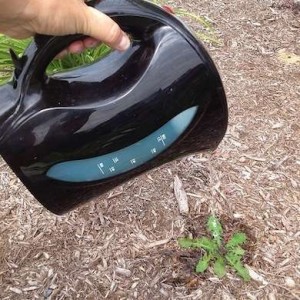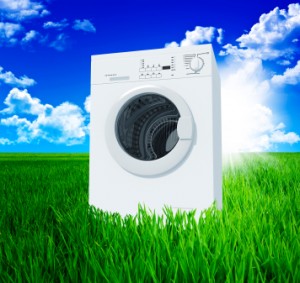It’s wonderful that individuals and companies are using the word “green” to describe their practices but what exactly does “green” mean? And what about “organic”, “natural”, “Eco-friendly”, etc.?
Here’s a cheat sheet on what these “green” terms mean. There are other words for “going green” but the following tend to be the most commonly used.
* Eco-Friendly: Eco-friendly means earth-friendly or not harmful to the environment. At a minimum, the product is non-toxic. Eco-friendly products also prevent contributions to air, water and land pollution.
* Farm Raised Fish: According to the USDA this means fish or shellfish that have been “harvested in controlled environments” and have been protected from predators or provided nutrients.
* Free Range: This indicates the animals that produce the meat or eggs were raised to range freely for food, rather than being confined in an enclosure. Free Range is not a certification and it does not always mean the product is “organic”. Free-range food doesn’t have to meet any particularly stringent, or even legal requirements.
* Natural: If it describes food it means the food does not contain added color, artificial flavors, or synthetic substances. If it’s describing clothing it means it was made without petrochemicals, synthetic fragrances or dyes. If there are any sulfates, they are naturally derived.
* Naturally Derived: This describes goods made with ingredients that were produced with raw materials from a natural source, like botanicals and fruit extracts, but were chemically altered to be used in the final formulation.
* Non Toxic: A Non Toxic product, substance, or chemical will not cause adverse health effects, either immediately or over the long-term. It is not poisonous, harmful, or otherwise destructive to an organism upon exposure.
* Organic: To receive the official USDA Organic certification, the product must have been produced without the use of genetic engineering, ionizing radiation, sewage sludge or the use of synthetic fertilizers. “Organic farming systems rely on ecologically based practices such as cultural and biological pest management, exclusion of all synthetic chemicals, antibiotics, and hormones in crop and livestock production”.
* Sustainable: Sustainable products have the least or no health or environmental degradation on humans and our planet, and promote social welfare. Items are produced in ways that minimize their environmental impact. Examples include energy saving light bulbs, electric vehicles, solar-powered items, and biodegradable packaging.
What are some other terms that you’ve seen on products to indicate “green”? What “green” terms do you look for when you make a buying decision?
– S.O.




